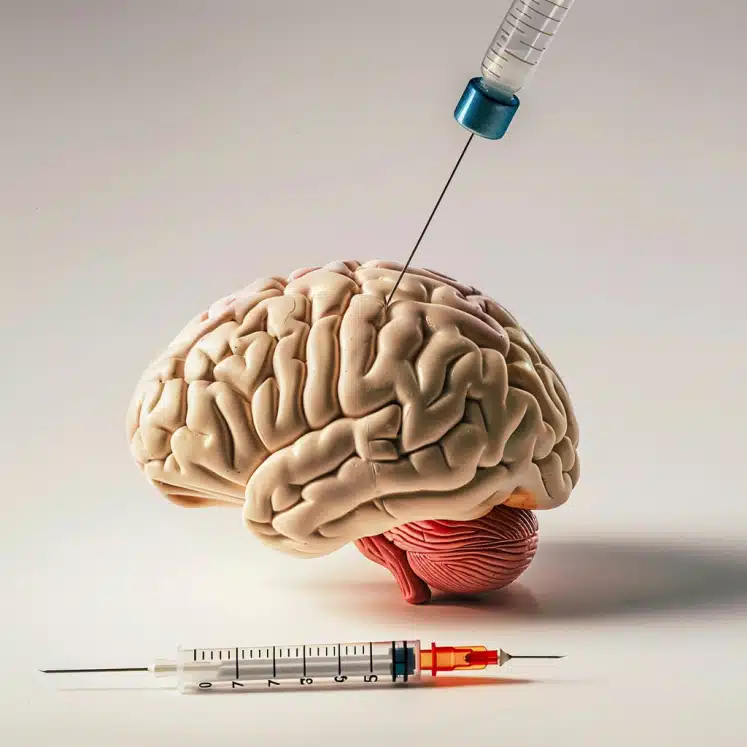Video Game Addiction vs. Brain Activity & Response Inhibition: A Cued Go/NoGo Task Study
Video game addiction (VGA) is associated with significant deficits in response inhibition and preparatory processes, reflected by more commission errors and reduced N2 amplitudes in the cued Go/NoGo task. Highlights: Increased Commission Errors: Individuals with VGA made significantly more commission errors in NoGo trials compared to healthy controls, indicating impaired response inhibition. Faster Reaction Times: …










